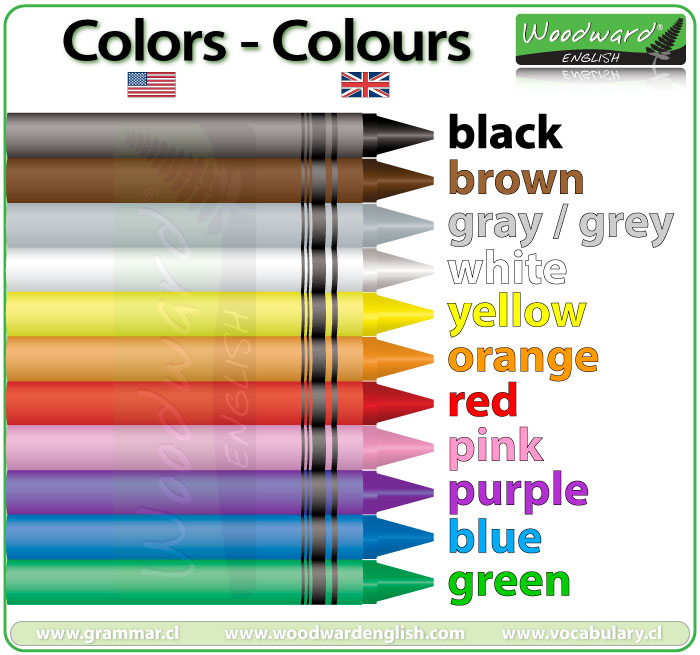heater /ˈhiːtə/ UK US
sustantivo
1
estufa
2
calefacción
[de un coche]
stove /stəʊv/ UK US sustantivo
1
(para
cocinar) cocina
to
leave sth on the stove dejar algo en el fuego
2
(para
dar calor) estufa
radiator /ˈreɪdieɪtə/ UK
US sustantivo
radiador
fashionable
p. 30
tourism, might, robbed, relaxation /ˌriːlækˈseɪʃən/,
learn, experiences, adventure, storm, blow your house down, war, provided,
filled,
stuck1 /stʌk/ UK US adjetivo
1 to be stuck estar atascado -a
The car was stuck in the snow.
El
coche se quedó atascado en la nieve.
2
to get stuck quedarse atascado -a
I got stuck on the third
question.
Me
quedé atascada en la tercera pregunta.
3
(sin
poder salir) atrapado -a
I got stuck because of the snow.
arrange /əˈreɪndʒ/ UK
US verbo
[transitivo]
1
concertar
[una reunión], organizar [una fiesta, un viaje]
to
arrange to do sth quedar en hacer algo
We arranged to meet at the
entrance.
Quedamos
en encontrarnos en la entrada.
I've arranged for him to pick you up.
He
quedado con él para que vaya a recogerte.
provide /prəˈvaɪd/ UK
US verbo
[transitivo]
1
proporcionar, suministrar [dinero,
información, etc.]
to
provide sb with sth proporcionarle algo a alguien
I was provided with a car and a
guide.
Me
proporcionaron un coche y un guía.
cost /kɒst/ UK US sustantivo, sustantivo plural & verbo
• sustantivo
1
(dinero)
coste
at
a cost of a un coste de
day out
especially British English
a trip you make for pleasure on a particular day
A visit to the
caves makes a fascinating and exciting day out for all the family.
ˌday ˈoff noun (plural days off)
[countable]
a day when you do not go to work, school etc because
you have a holiday or because you are sick
On my days off,
you’ll usually find me out in the back garden.
spoil /spɔɪl/ UK US verbo (pasado & participio
spoiled o spoilt BrE)
1
[transitivo] arruinar
2
[transitivo] malcriar, consentir
brat /bræt/ UK US sustantivo (informal)
mocoso
-a
cruise /kruːz/ UK US verbo & sustantivo
• verbo
1
[intransitivo] hacer un crucero
2
[intransitivo] volar [a velocidad de
crucero], ir [a una velocidad constante]
• sustantivo
1
crucero
[viaje]
to go on a cruise hacer un crucero
2
cruise ship crucero
[barco]
tourism /ˈtʊərɪzəm/ UK US sustantivo
turismo
author /ˈɔːθə/ UK US sustantivo
autor -a, escritor -a
ˈroller ˌcoaster UK US sustantivo
montaña rusa
vol‧ca‧no /vɒlˈkeɪnəʊ $ vɑːlˈkeɪnoʊ/ ●○○ noun (plural volcanoes or volcanos)
[countable]
a mountain with a large hole at the top, through which
lava (=very hot liquid rock) is sometimes forced out
Pompei was
destroyed when the volcano erupted in 79 AD.
active volcano (=one that may explode at any time)
dormant volcano (=one that is not active at the
moment)
extinct volcano (=one that is no longer active at all)
ash /æʆ/ UK US sustantivo
1 (plural ashes) ceniza
2
(también ash tree) (árbol) fresno
Started, visited
result /rɪˈzʌlt/ UK
US
• sustantivo
resultado
as
a result en consecuencia, por consiguiente
as
a result of sth como consecuencia de algo
While there-> while I was there
I’ve come to the
conclusion
Places, history, nature, called,
guess /ges/ UK US verbo & sustantivo
• verbo [transitivo/intransitivo] (3ª persona singular del
presente -sses)
1 adivinar
You have to guess the weight of the
cake.
Tienes
que adivinar el peso del pastel.
I'd guess that he's about 50.
Diría
que tiene alrededor de 50.
You'll never guess who I've just
seen.
A
que no te imaginas a quién acabo de ver.
guess
what! ¿sabes qué?
Guess
what! Jane's getting married!
¿Sabes
una cosa? ¡Jane se casa!
2 suponer, imaginarse
I guess she didn't feel like
coming.
Supongo
que no tendría ganas de venir.
I
guess so/not supongo que sí/no, me imagino que sí/no
• sustantivo (plural
-sses)
intento o acción de adivinar
"Did you know that?"
"No, it was a guess."
–¿Lo
sabías? –No, lo he dicho por decir.
I'll give you three guesses.
Te
doy tres oportunidades para que lo aciertes.
At a guess, I'd say he's
about 25.
Yo
diría que tiene alrededor de 25.
to take/make a guess tratar de adivinar
client, finacial, areas,
willing /ˈwɪlɪŋ/ UK US adjetivo
1
dispuesto -a
to be willing to do sth estar dispuesto -a a hacer
algo
2
servicial, voluntarioso -a
Travel
halfway around the World
local /ˈləʊkəl/ UK US adjetivo & sustantivo
•
sustantivo
1
residente, vecino -a
I asked one of the locals for
directions.
Le
pedí indicaciones a un vecino de la zona.
I like pizza -> I do
like pizza
I talked to her -> I did
talk to her.
criticize, -ise BrE /ˈkrɪtɪsaɪz/ UK
US verbo
[transitivo/intransitivo]
criticar
He
somehow agrees
He agrees up to a point.

